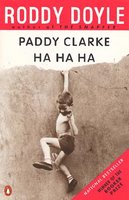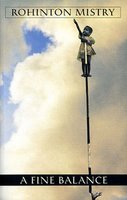From what little she could see by glancing above, a streak of sky revealed itself—just as narrow and as skewed as herself.
In the afternoon, she would spot the sun for just a little while and think, “I couldn’t understand any of that.”
Overwhelmed, the alleyway utters, “There wasn’t any problem when it was parched dry. Why this sudden pouring trouble?”
She knows that all the garbage that gathers around her every day—fish scales, stove ash, vegetable peels, dead rats—are reality. She never thinks, “Why all this?”
Yet when the autumn sun slants itself on the balcony of a house, when the notes of Bhairavi float from the puja nahabat*, she feels for a second, “Perhaps something big really lies beyond this concrete track.”
The day yawns; the sunlight drops from the shoulders of the houses to rest in a corner of the alleyway, just like the slipping away of the corner of a housewife’s sari. The clock strikes nine; the maidservant walks by, tucking a basket of vegetables she bought from the market to her waist; the smell and smoke of cooking envelopes the alleyway; office goers get busy.
At this time the alleyway thinks again, “All the reality is only contained within this concrete road. What I had thought of as something big must be just a dream.”
* Music room or a tower from which live music is played/performed during festive occasions.
















